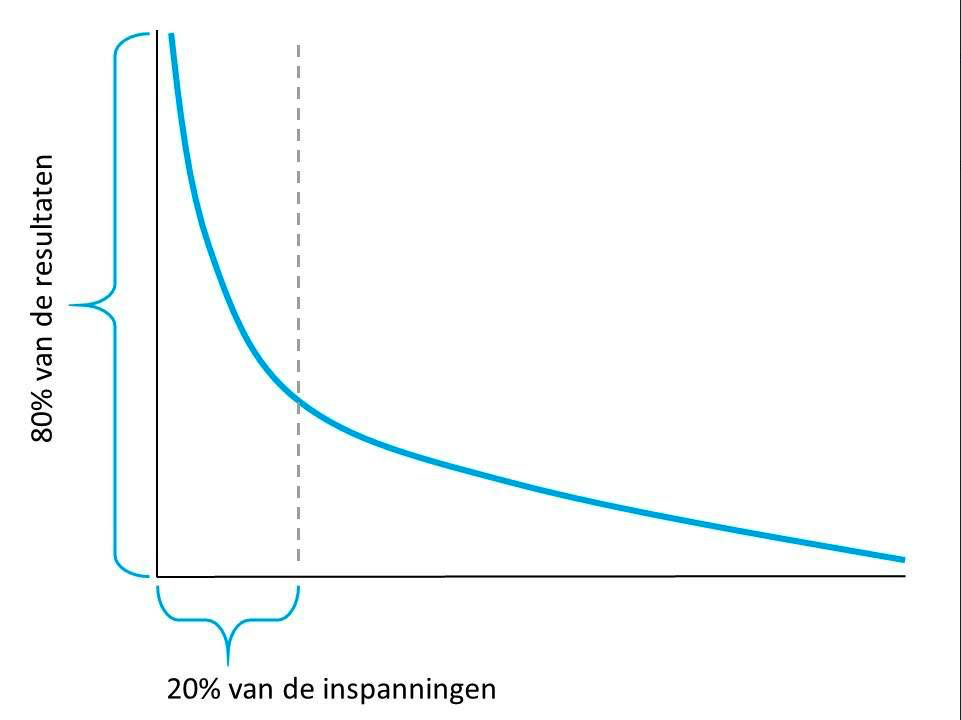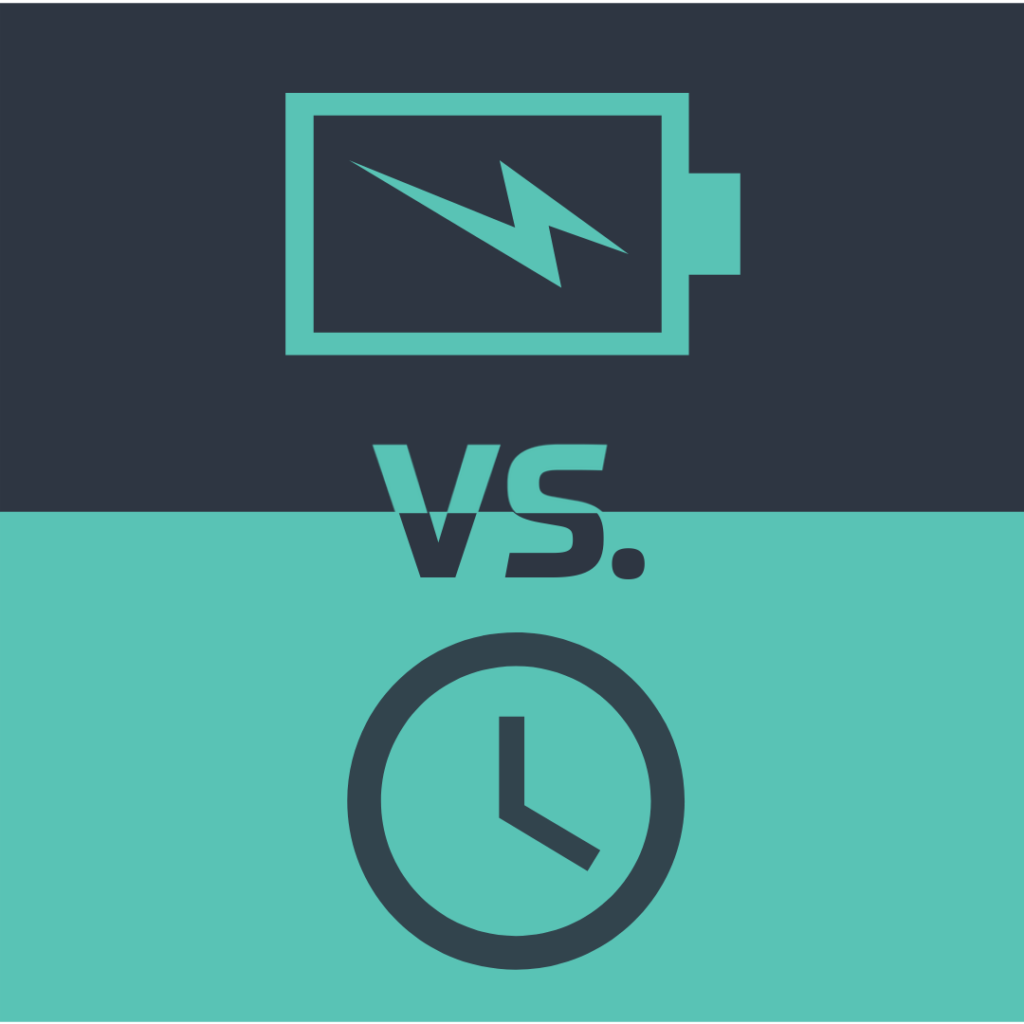Being an involved parent, maintaining relationships, developing yourself at work, renovating the house, doing volunteer work, organizing the household, or meeting up with friends and family. Ideally, you want to do it all as perfectly as possible, and thus a large portion of your available time is taken up by filling it with valuable activities. In fact, you could probably effortlessly add to the list above.
Mental Resilience: The Importance of Recovery
We see time as a prerequisite for carrying out the above activities. In Western society, we try to structure our day so that everything fits in perfectly. In other words, managing time to organize your life. This works for a while until physical complaints and/or a lack of energy throw a wrench in the works. You’ve crossed your limit. You might have already received some signals such as a sore back, difficulty falling asleep or staying asleep, increasing weight, irritable mood, difficulty concentrating, or feeling rushed. You thought you had everything under control by managing your time, but now it suddenly isn’t working anymore. While it worked before. You still have the same amount of time in a day, but it takes more and more effort to fill it with the same activities.
Breaking such a vicious cycle requires making different, healthier choices. Three prerequisites are needed to ensure that your battery recharges quickly:
- Scheduling recovery time
- Working on a strong physical condition
- Reevaluating what is truly important
Recovery time naturally includes vacations and days off. Equally important is scheduling short breaks at work, taking the time to have lunch, or blocking free time between two appointments (even if it’s just fifteen minutes). This way, you give yourself the mental space to process what you’ve experienced and prepare for your next appointment. You will notice that you feel fresher at the end of the workday.
A strong physical condition? It goes without saying that strength and endurance training significantly contribute to this. Step by step, work on your body through suitable exercises. The more physical strength, the more energy, and the greater the mental resilience.
When reevaluating what you truly find important, making a list of your priorities is the first step. This way, you distinguish between main and minor issues. Then apply the Pareto principle to have more time (and thus energy) left. Are you already familiar with the Pareto principle? It is explained below.
The Pareto principle

The 80/20 rule of Pareto states that 80% of the results come from 20% of the causes.
- 20% of your efforts on a project can yield 80% of the results.
- 20% of your effort can lead to 80% of your savings.
- 20% of your dietary adjustments can produce 80% of your weight loss results.
So, focus first on the most important 20% of the possible solutions! It saves a lot of time, effort, and frustration from trying to do everything perfectly. Don’t do this because you won’t sustain it. Focus on the most important things. To achieve that last 20% of the result, from an 8 to a 10, you need a much greater effort. You can better invest this energy in something else.
Applying the Pareto Principle
The Pareto principle plays a significant role in behavioral adjustments to achieve your health goals.
- Throw all possible adjustments into one big pile.
- Now choose one-fifth (20%) of these possible adjustments and go all-in with them.
Chances are these changes will account for 80% of your desired results.
For me personally, a health goal is to maintain a healthy weight and have plenty of energy. That’s why I make sure to eat vegetables twice a day. The only real prep work I have daily (which greatly benefits my weight and energy) is making a salad for lunch. Because I’ve done this so often, it takes me no more than a small quarter-hour. If I make enough salad, I can eat it for two days. Minimal preparation time, with a great result.
We are happy to work with you during an intake interview to establish your personal health plan and determine which adjustments you need for maximum results.





